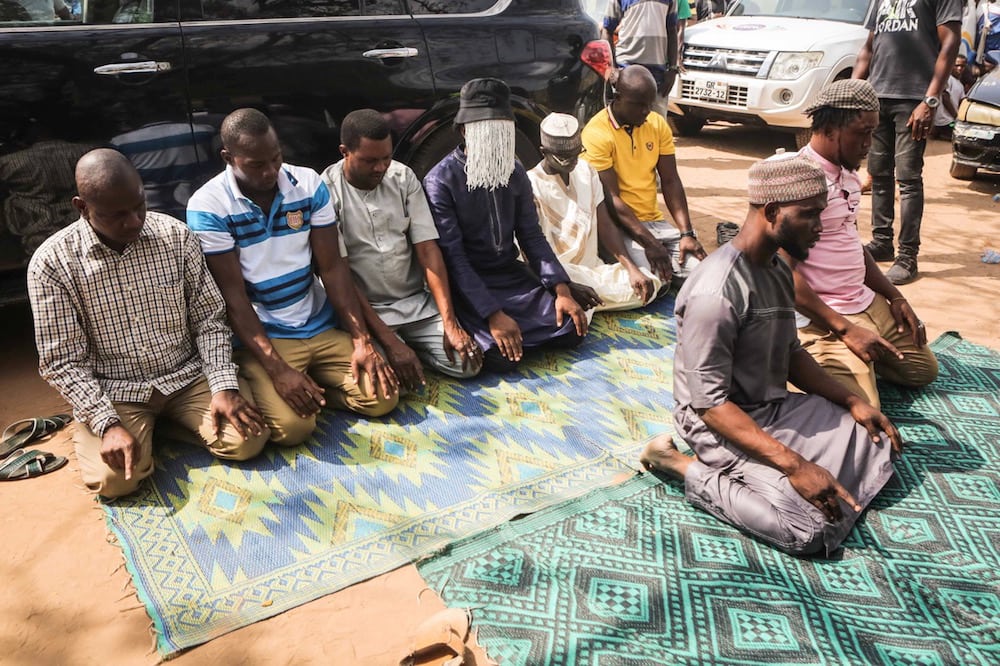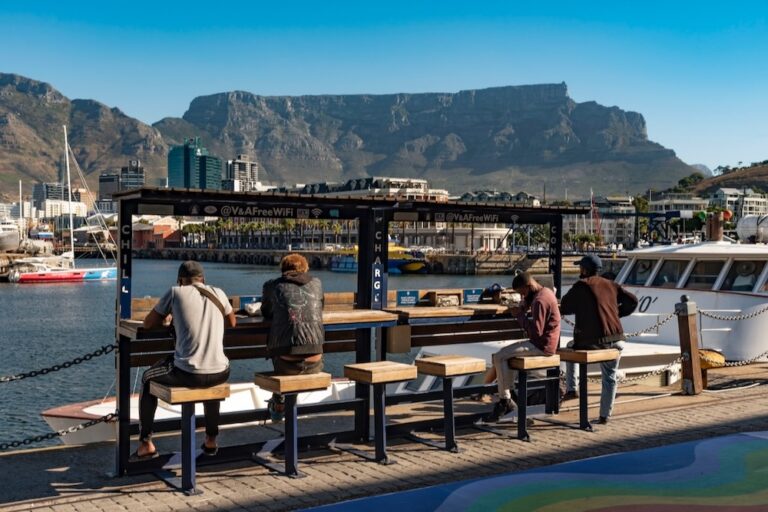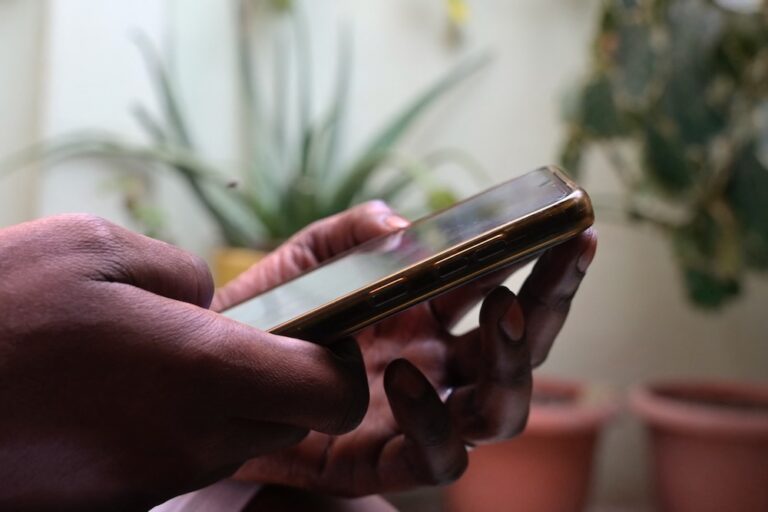The MFWA assessment of violations in West Africa over the past 10 months underscores the absence of leads in the murder of Ahmed Suale in Ghana, and the rise in attacks against journalists in Nigeria with 4 journalists killed in separate incidents.
This statement was originally published on mfwa.org on 1 November 2019.
Over the past ten months, the MFWA has recorded about 70 violations against journalists and other media workers in West Africa. Physical attacks, arbitrary arrests and detentions are the most commonly perpetrated violations against journalists. Threats and the seizure of equipment of the victims are also being increasingly employed to intimidate journalists.
The MFWA’s daily monitoring of the Press freedom landscape in the sub-region shows a disturbing trend of violations against journalists and media practitioners that often go uninvestigated, much less punished.
On the occasion of the International Day to End Impunity for Crimes against Journalists (IDEI), the Media Foundation for West Africa (MFWA) makes an urgent appeal for justice for journalists who have been physically attacked and/or arbitrarily detained in relation to their work since the beginning of 2019. We also highlight cases of killing and disappearances in recent years that are still waiting for justice.
Outstanding Impunity Issues
The family of Ahmed Hussein Suale, a member of the Tiger Eye PI team led by investigative journalist Anas Aremeyaw Anas, are yet to receive justice after unknown gunmen shot and killed him in Accra, Ghana on January 16, 2019.
In what certainly raises deep concern over the safety of journalists’ situation in Nigeria, four journalists were killed in separate incidents in the course of 2017.
Famous Giobaro, was a desk editor with the state-owned Glory FM 97.1 in Bayelsa State. His family is yet to receive justice after unknown attackers shot and killed him at his residence on April 16, 2017.
Lawrence Okojie, Nigeria Television Authority (NTA) in Edo State, was shot and killed by unknown assailants as he was heading home from work on July 8, 2017. Okojie’s family are still waiting for justice.
Ikechukwu Onubogu, a cameraman with Anambra Broadcasting Services (ABS), was found dead with bullet wounds on November 16, 2017, four days after he was reported missing by his family.
Abdul Ganiyu Lawal, a freelance broadcast journalist in Ekiti State, was found dead in the bush on November 23, 2017.
In each of the cases, the victim was shot dead by unknown gunmen in circumstances that are yet to be unravelled. Despite a petition to the Inspector General of Police in Nigeria by the MFWA in 2018, these cases are still unresolved.
In Guinea, the family of journalists El Hadj Mohamed Diallo, who was shot dead on February 5, 2016 while on duty for news website Guinee 7, are yet to receive justice. In a controversial verdict issued on January 9, 2018, the judge, Mangadouba Sow, sentenced Souleymane Bah, a former opposition politician, to life imprisonment and two others to two years in imprisonment each, all of them in absentia. Up till now none of the convicts has served their term.
During an event to mark World Press Freedom Day, 2019, then Minister of Justice, Check Sako has admitted that justice was not administered in the case and promised that there would be a retrial to remedy the situation. However five months after this promise, nothing has been done.
Besides these emblematic cases of impunity, several violations have been perpetrated against journalists in the course of 2019, with all the perpetrators going unpunished and the victims given no compensation.
Each of the 12 cases of physical attacks and arbitrary arrests/detentions have been recorded. Among these is the unending case of Jones Abiri, editor of the Daily Source newspaper, who was re-arrested on March 30, 2019 about six months after he was released on court orders from an illegal two-year detention. Abiri’s second spell in prison lasted seven months, as he was released on bail on October 25, 2019.
The Nigerian Government has not only failed to pay 10 million Naira (about US$27,500) damages awarded to the journalist in an Abuja High Court ruling on September 18, 2018, but is continuing to harass him with further detentions.
Still in Nigeria, there has been no closure on the case of Precious Owolabi, a journalist with Channels Television, who was fatally hit by a bullet while he was covering a violent confrontation between security forces and protesters in Abuja on July 22, 2019.
In another case of arbitrary arrest and detention, national security operatives in Ghana on June 27, arrested and detained Emmanuel Ajarfor Abugri, deputy editor, and Emmanuel Yeboah Britwum, a reporter of ModernGhana.com after storming the offices of the online newspaper. The journalists, who were detained for three days, reported being tortured.
Call on the Governments of Countries Concerned to Take Measures to end Impunity
The MFWA strongly condemns the murders, arbitrary arrests and harassments committed against journalists in the performance of their duties.
In view of the above, the MFWA reiterates its call on the government of Nigeria to expedite investigations into the killing of the four journalists in 1997 and to ensure justice for the family of Precious Owabi, who was killed while covering the recent crackdown on a protest by the Shia group in Nigeria.
We further urge the government of Guinea to recall the case of Elhadj Mohamed Diallo and ensure that justice is served.



